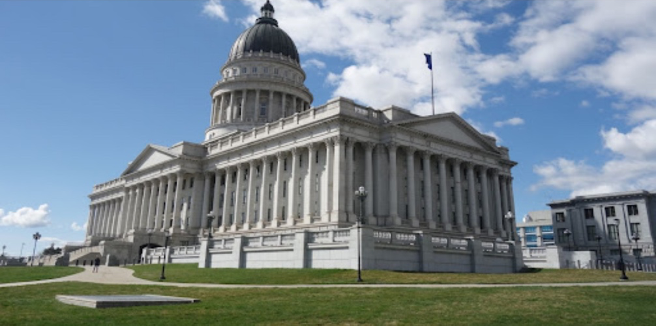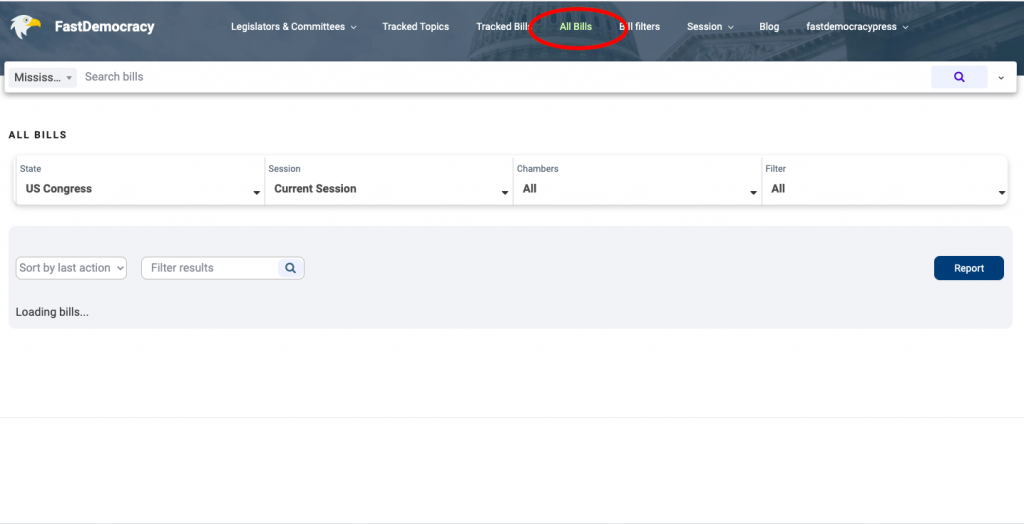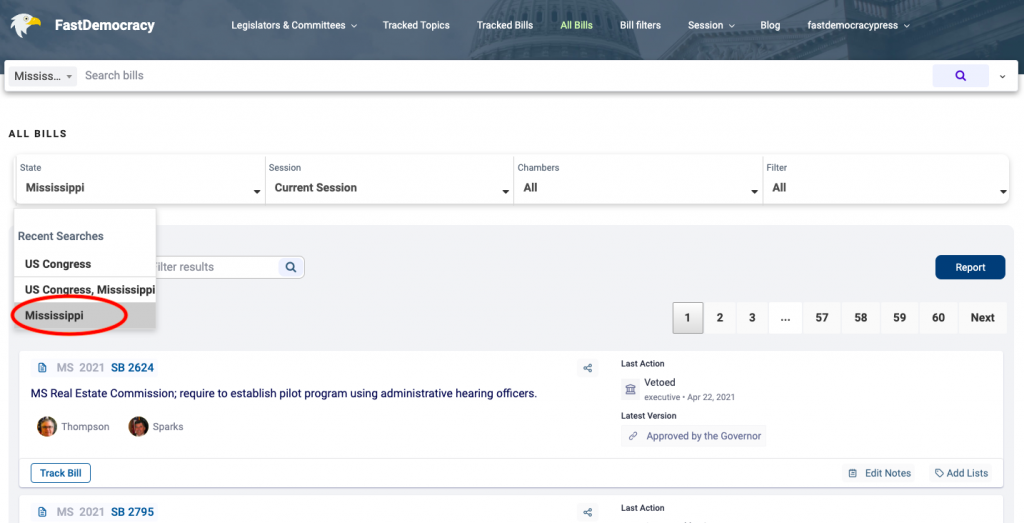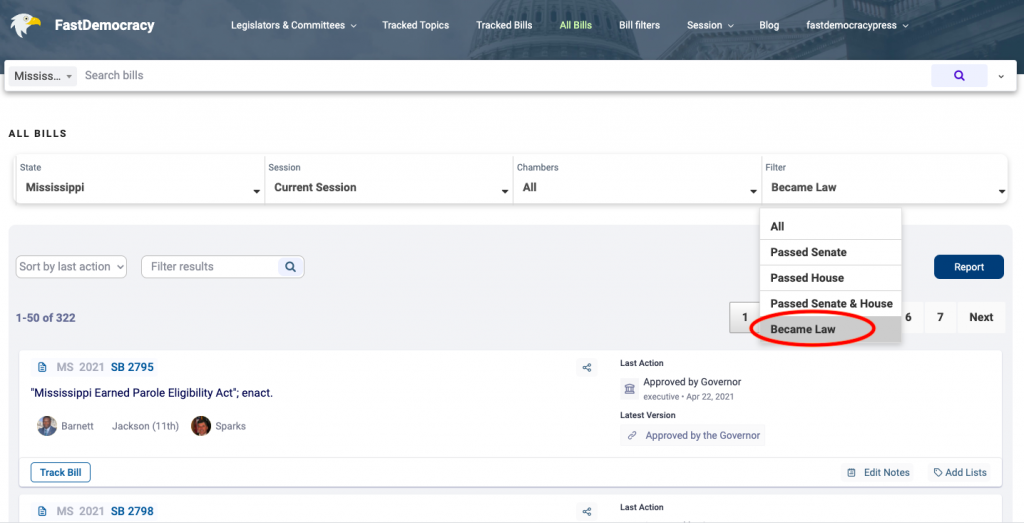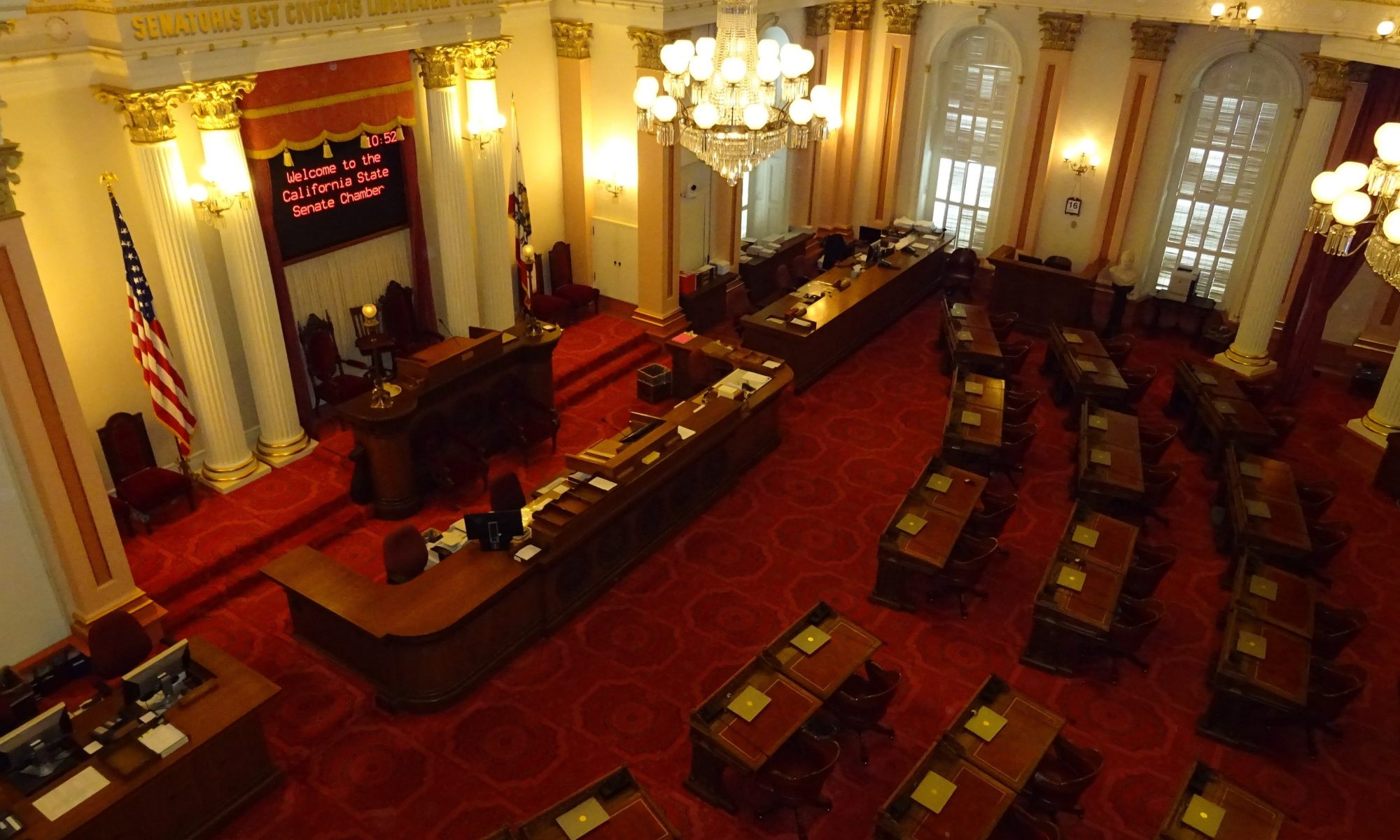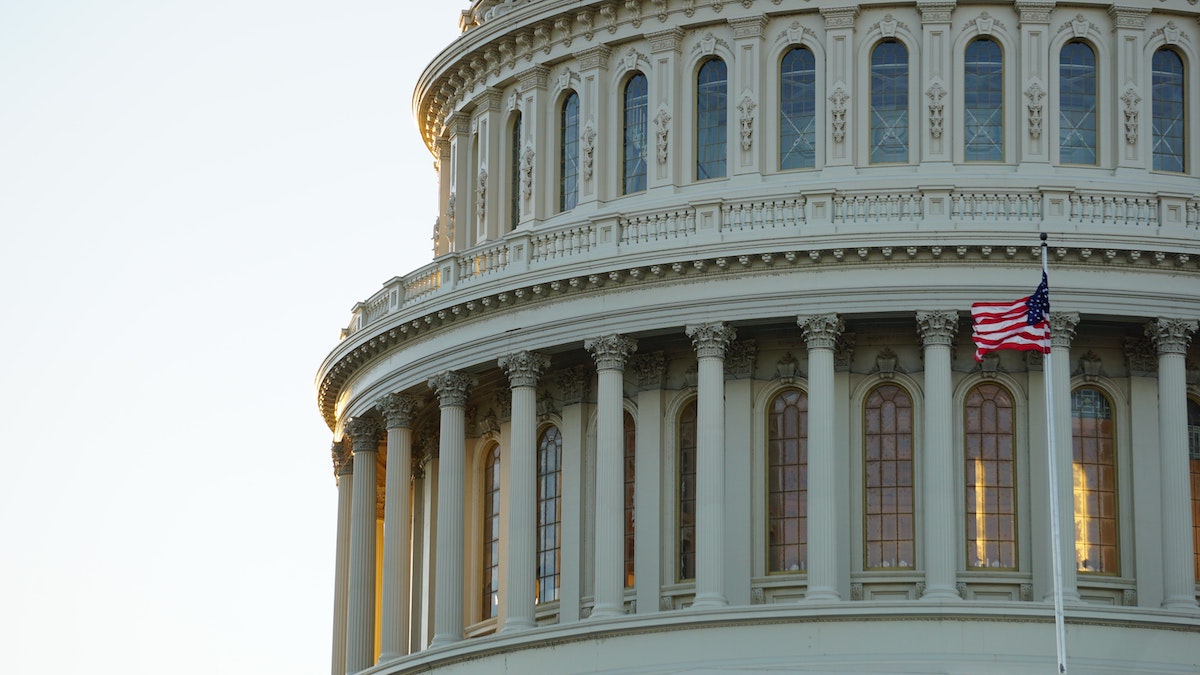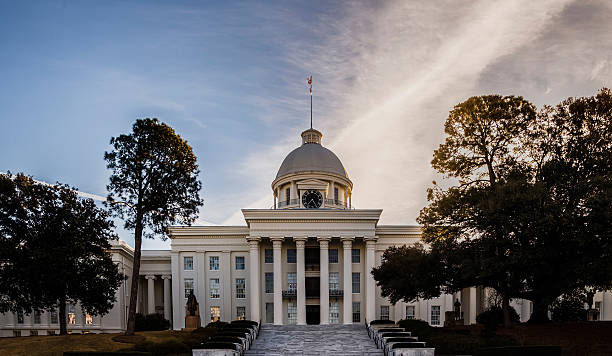The 177th Congress convened on January 3rd, 2021 and will end on January 3rd, 2023. With the Democratic Party gaining enough seats in the Senate in 2020 to have 50 senators (48 plus two Independents who caucus with the party), Vice President Kamala Harris can break tie votes in favor of the Democrats, giving them an effective majority. The Democratic Party also retained control of the House, giving them control of the Executive Branch and both houses of Congress. However, the margins for their majority are slim.
Since the convening of the new Congress, the Senate has passed 53 bills and the House has passed 115 bills. As of this writing, 26 bills have been passed into law. We’ve detailed each of these bills below.
Sen. Chuck Grassley of Iowa’s S 409 amends the Commodity Exchange Act. It provides funding for consumer education initiatives.
Sen. Thom Tillis of North Carolina’s S 1340 redefines “the eastern and middle judicial districts of North Carolina.”
A number of senators passed bills that are called joint resolutions of disapproval, which gives Congress the power to overturn a federal agency’s new rule and bars the implementation of similar rules in the future.
Rep. Cynthia Axe of Iowa’s HR 2441, called the Sgt. Ketchum Rural Veterans Mental Health Act of 2021, directs the Department of Veteran Affairs to research whether veterans in rural areas have adequate access to mental health resources and to provide recommendations for improvement. The bill also allocates money towards the expansion of mental health access in rural areas. The bill is named after Sgt. Brandon Ketchum, a veteran who committed suicide. He had previously been “denied inpatient psychiatric care at the Iowa City Veterans Administration Medical Center,” according to the Des Moines Register.
Rep. Darren Soto of Florida’s bill designates the nightclub Pulse, the scene of the 2016 mass shooting, as a national memorial.
Rep. Ted Lieu of California’s HR 711 supports the construction of housing for veterans and their families who are homeless or deemed at-risk at the Los Angeles VA Campus. It also provides funding for maintaining and renovating the VA Campus.
Rep. Doris Matsui of California’s HJRes 27 appoints Barbara Barrett, the former Secretary of the Air Force, as a member of the Board of Regents for the Smithsonian, the world’s largest museum complex, located in Washington, D.C.
Juneteenth marks the day when the last slaves in the United States were freed by Union troops. Some states had already made it a statewide holiday, but Sen. Edward Markey’s S 475 designates Juneteenth, which occurs on June 19th, as a federal holiday.
Rep. Mark Takano of California’s HR 1276, which President Biden signed into law on March 24th, 2021, dictates the distribution of the COVID-19 vaccine by the Department of Veteran Affairs. It prioritizes veterans enrolled in their system and includes the vaccination of veteran spouses.
Rep. Mike Levin of California’s HR 2523 provides amendments to a previous veteran retraining program. It strives to place veterans in “high-demand” roles and stipulates reports on the success of the program.
The Stem Cell Therapeutic and Research Act passed in 2005 and provides funding for stem cell research. The act needs reauthorization and Rep. Doris Matsui of California’s HR 941 provides about $31 million per year from 2022 to 2026.
Rep. Don Young of Alaska’s HR 1318 prohibits the Department of Homeland Security from imposing fines and other penalties on coastline voyages from Washington state to Alaska.
Following the increase in hate crimes against Asian Americans, Sen. Mazie Hirono of Hawaii introduced legislation called the COVID-19 Hate Crimes Act. It provides for the creation of online reporting of hate crimes to collect better data to help law enforcement in their response.
Fentanyl has contributed to the current Opioid Epidemic and according to the National Institute on Drug Abuse, “is similar to morphine but is 50 to 100 times more potent.” Rep. Chris Pappas of New Hampshire’s HR 2630 extends the Fentanyl Analogues Act, which labels fentanyl as a schedule I drug, until October 22nd, 2021.
Biosimilar products closely resemble FDA approved products and have no clinical differences. Sen. Margaret Wood Hansen of New Hampshire’s S 164 provides for the education of what biosimilar products are to health care providers and the public. This will take place on a website.
Sen. Amy Klobuchar of Minnesota’s S 422 allows Senators and Senate offices to share employees.
Exclusivity is a period of time, granted by the Food and Drug Administration, when a new drug does not have to face competition from generic drugs. Active moiety concerns molecules or ions that affect a drug’s effects. The FDA’s previous stance was that for drugs composed of mixtures (active ingredients), if any of the components (active moieties) have not changed, then it would not be granted exclusivity. However, a court ruling struck down this approach. Congress’ passage of Sen. Bill Cassidy of Louisiana’s S 415 allows the FDA to reject the claim of exclusivity according to its old principles.
Sen. Tim Scott of South Carolina’s S 578, called the FASTER Act, stipulates that sesame must be listed amongst active ingredients if present, which had not always been the case even though 1.5 million Americans have an allergy to sesame. The Department of Health and Human Services must also perform a report on allergies and its prevalence and effect.
As directed by Congress, Medicare reimbursements to home health providers must decline by 2% per year. The Coronavirus Aid, Relief and Economic Security (CARES) Act froze this temporarily. Rep. John A. Yarmuth of New York’s HR 1868 extends the freezing of the reimbursement decline.
The PPP Extension ACT, introduced by Rep. Carolyn Bourdeaux of Georgia, extends the CARES Act and Small Business Act. Both acts’ new deadline became June 30th rather than March 31st. For more information regarding the provisions on the CARES Act, you can click on its link.
Rep. Jerrold Nadler of New York’s HR 1651 amends the CARES Act to extend the sunset for bankruptcy related legislation. This happened due to the pandemic exhibiting longevity that Congress did not expect.
Sen. Mike Braun of Indiana’s S 579 makes changes to social security disability benefits for those with amyotrophic lateral sclerosis, or ALS.
The American Rescue Plan provides $1.9 trillion in stimulus to help the country during the COVID-19 pandemic. Its provisions include: a national vaccine program, aid for school reopenings, stimulus paychecks, extends unemployment benefits, rental assistance, increases the child tax credit and earned income tax credit, helps cover the cost of childcare, provides aid for small businesses, and aid for state and local governments.
The law stipulates that a Secretary of Defense nominee must be at least seven years out of the military, according to the National Security Act. President Joe Biden’s nominee, Lloyd Austin, had retired in 2016, meaning that he had not been out of service for seven years yet. Rep. Adam Smith of Washington’s bill provides for the exception to this rule in order to allow for Lloyd Austin’s nomination.
Many of the bills introduced during this legislative session relate to the current COVID-19 pandemic and its effects on society. 609 of the 7876 bills introduced contain phrasing related to COVID-19 or the pandemic. 61 bills have an upcoming hearing. President Biden has vetoed zero bills.


